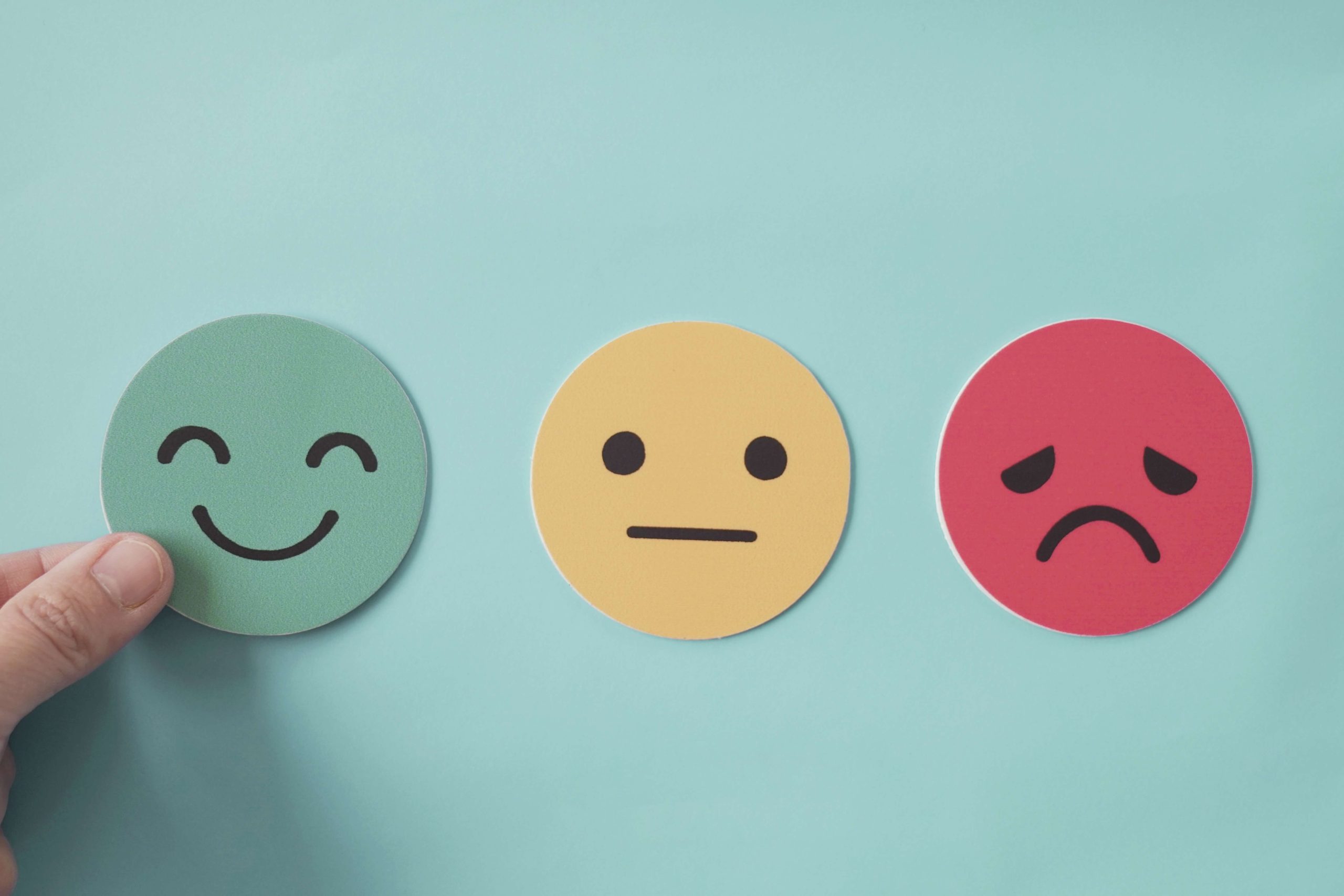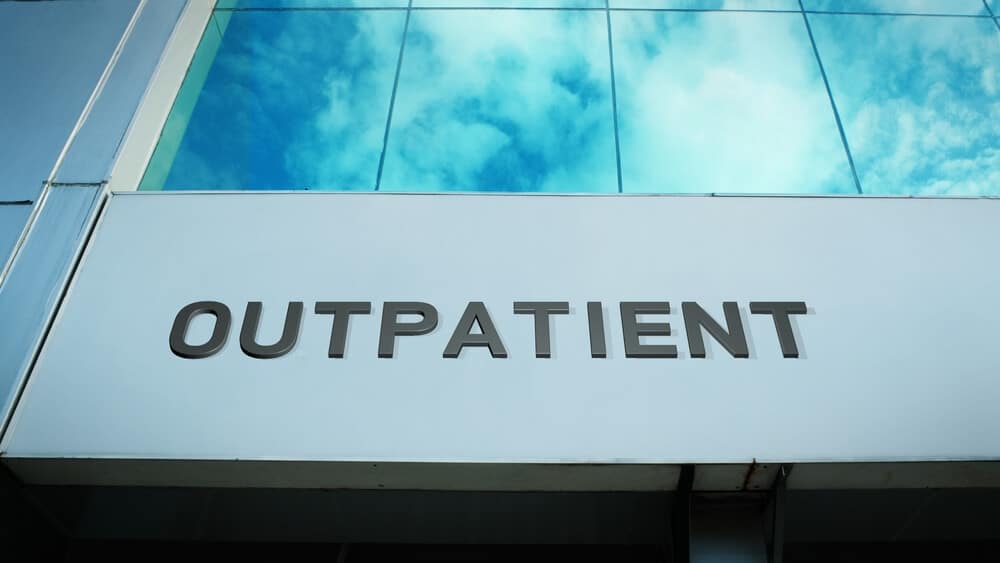Serotonin vs. Dopamine: What Are the Differences?
Serotonin and dopamine are two essential neurotransmitters that play distinct yet interconnected roles in our brain and body. Often referred to as the “feel-good” chemicals, they contribute to our mood, behavior, and overall well-being. In this article, we’ll delve into the differences between serotonin and dopamine, exploring their functions, effects, and how they impact our daily lives.

The Role of Serotonin
Serotonin, often dubbed the “happiness neurotransmitter,” primarily functions as a mood stabilizer and regulator. It helps to create a sense of contentment, emotional balance, and general well-being. When serotonin levels are optimal, we tend to feel happier, calmer, and more focused.
When Serotonin Shines
- Mood Regulation: Serotonin plays a crucial role in managing mood disorders like depression and anxiety. Medications known as SSRIs (Selective Serotonin Reuptake Inhibitors) are designed to increase serotonin levels and alleviate symptoms.
- Sleep Patterns: Serotonin is a precursor to melatonin, a hormone that regulates sleep. A balanced serotonin level promotes healthy sleep patterns, while imbalances can lead to insomnia and other sleep disturbances.
- Digestion: It contributes to the regulation of bowel movements and gastrointestinal functions. Imbalances in serotonin can lead to digestive issues like irritable bowel syndrome (IBS).
The Role of Dopamine
Dopamine, on the other hand, is often associated with pleasure, reward, and motivation. It’s the neurotransmitter responsible for that delightful feeling you get when you achieve a goal or experience something enjoyable. Dopamine also plays a role in learning, decision-making, and movement control.
When Dopamine Sparks Joy
- Reward and Motivation: Dopamine is released when we engage in activities that bring pleasure, such as eating delicious food or receiving praise for a job well done. It motivates us to repeat those behaviors.
- Addiction: The dopamine system can be hijacked by addictive substances like drugs and alcohol, which flood the brain with dopamine, creating intense feelings of pleasure. This can lead to addiction as the brain craves more of that sensation.
- Learning and Memory: Dopamine enhances our ability to learn from rewards and punishments, influencing decision-making and memory formation.
The Balance Between Serotonin and Dopamine
While serotonin and dopamine have distinct roles, they often interact and influence each other. An imbalance in one can impact the other, leading to various mental health conditions and disorders. For instance:
- Depression: Low serotonin levels are often associated with depressive symptoms, while anhedonia, a reduced ability to feel pleasure, may result from decreased dopamine activity.
- Anxiety: High levels of serotonin can contribute to feelings of restlessness and anxiety, while disruptions in the dopamine system can also lead to anxiety disorders.
- Schizophrenia: Dopamine dysregulation is linked to schizophrenia, a mental disorder characterized by hallucinations and delusions. However, serotonin also plays a role in managing symptoms.
In conclusion, both serotonin and dopamine are vital players in our mental and emotional well-being. Understanding their differences and the delicate balance between them is crucial for maintaining good mental health. While medications can help regulate these neurotransmitters, lifestyle factors such as diet, exercise, and stress management also play a significant role in keeping them in harmony. So, the next time you experience happiness or motivation, remember that it’s the intricate dance between serotonin and dopamine that makes it all possible.

Serotonin vs. Dopamine: A Comparative Insight
To gain a deeper understanding of serotonin and dopamine, let’s draw a side-by-side comparison of these two neurotransmitters:
Primary Function:
- Serotonin: Its primary role is mood regulation and emotional balance, fostering feelings of contentment and well-being.
- Dopamine: It is primarily associated with pleasure, reward, and motivation, driving us to pursue enjoyable activities and achieve goals.
Mood Disorders:
- Serotonin: Low serotonin levels are linked to mood disorders such as depression and anxiety. Medications like SSRIs are used to increase serotonin availability.
- Dopamine: Dysregulation of the dopamine system can lead to mood disorders, particularly anhedonia, a reduced ability to experience pleasure.
Impact on Sleep:
- Serotonin: As a precursor to melatonin, serotonin helps regulate sleep patterns. Balanced serotonin levels contribute to restful sleep.
- Dopamine: While dopamine doesn’t directly influence sleep, excessive release due to addictive substances can disrupt sleep patterns.
Role in Addiction:
- Serotonin: While serotonin plays a role in mood stabilization during addiction recovery, it is not directly associated with the addictive process.
- Dopamine: Dopamine is central to addiction, as substances like drugs and alcohol can lead to heightened dopamine release, reinforcing addictive behaviors.
Learning and Decision-Making:
- Serotonin: While it influences mood, serotonin is not primarily involved in learning and decision-making processes.
- Dopamine: Dopamine enhances our ability to learn from rewards and punishments, influencing decision-making and memory formation.
Associated Disorders:
- Serotonin: Imbalances in serotonin are often linked to disorders like irritable bowel syndrome (IBS), obsessive-compulsive disorder (OCD), and post-traumatic stress disorder (PTSD).
- Dopamine: Dopamine dysregulation is associated with conditions such as schizophrenia, attention-deficit/hyperactivity disorder (ADHD), and Parkinson’s disease.


In essence, while serotonin and dopamine have their unique roles, they also interact and influence each other, often leading to complex outcomes. Balancing these neurotransmitters is crucial for maintaining good mental health and emotional well-being. Whether through medication, lifestyle adjustments, or therapy, understanding the nuances of serotonin and dopamine can pave the way for a healthier and more balanced life.
Published: November 14, 2023
Last Updated: April 08, 2024

Published: January 27, 2026
What Is DPD? Understanding Dependent Personality Disorder
Most people don’t ask, “What is DPD or Dependent Personality Disorder?” They come in feeling drained, anxious, and stuck in relationships that feel restrictive yet hard to leave. Being alone feels unsettling. Decision-making feels paralyzing. Reassurance becomes a daily necessity rather than a comfort. At Overland IOP in Los Angeles, we often see Dependent Personality […]
Read more
Published: January 18, 2026
IOP Program Requirements: What to Expect?
If you’re exploring an Intensive Outpatient Program (IOP), one of the first questions that usually comes up is simple but important: Do I qualify—and what does an IOP actually require? At Overland IOP, IOP is designed for people who need structured, consistent support for mental health and/or substance use—but who don’t require 24/7 residential care. […]
Read more
Published: December 15, 2025
Behavioral Health During the Holidays: Managing Stress, Anxiety & Emotional Triggers
Why the Holidays Are Harder Than They Look? For many people, the holiday season is portrayed as joyful and restorative. In reality, December is one of the most emotionally challenging months of the year, especially for individuals navigating mental health conditions, substance use recovery, or emotional regulation difficulties. According to the National Alliance on Mental […]
Read more
